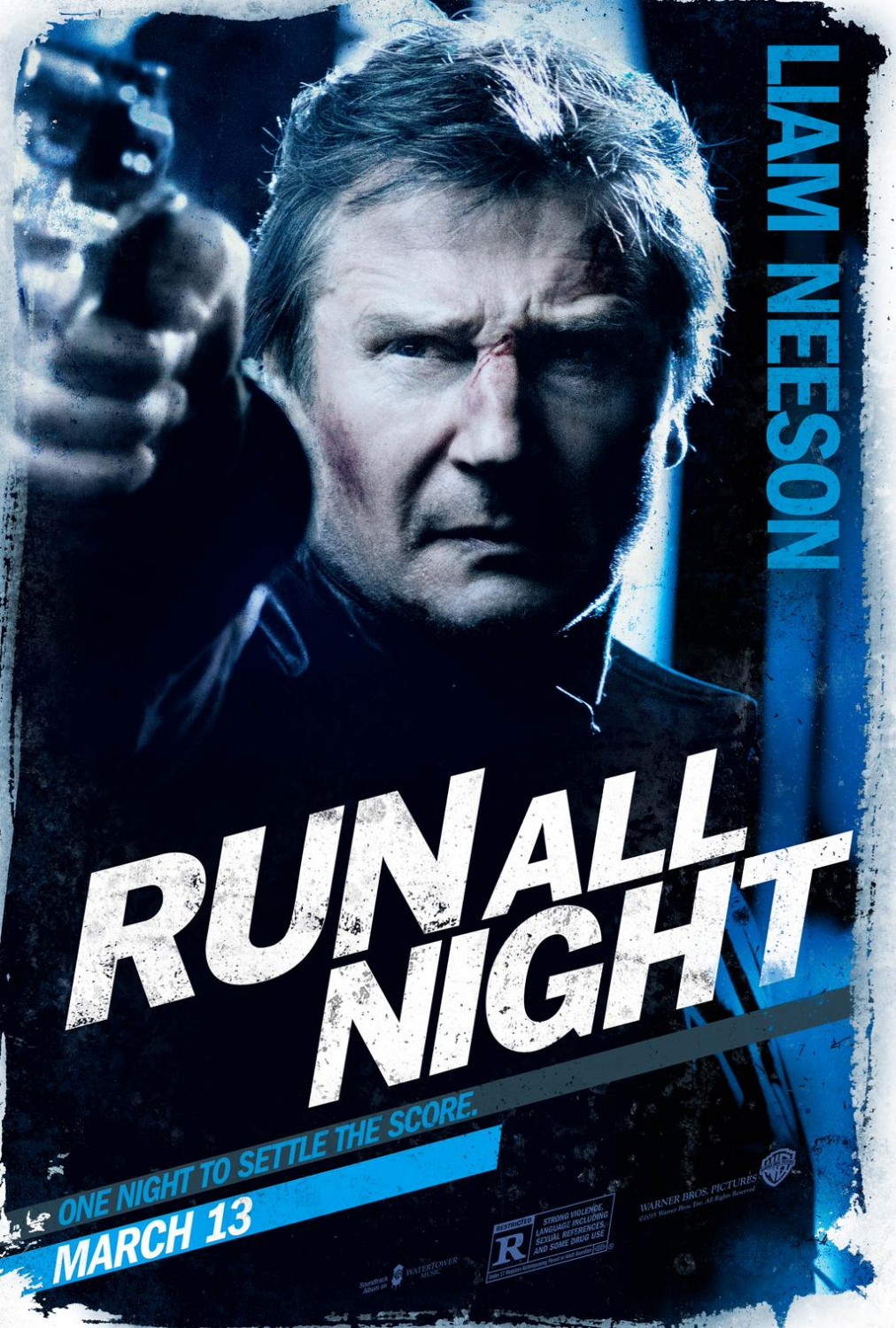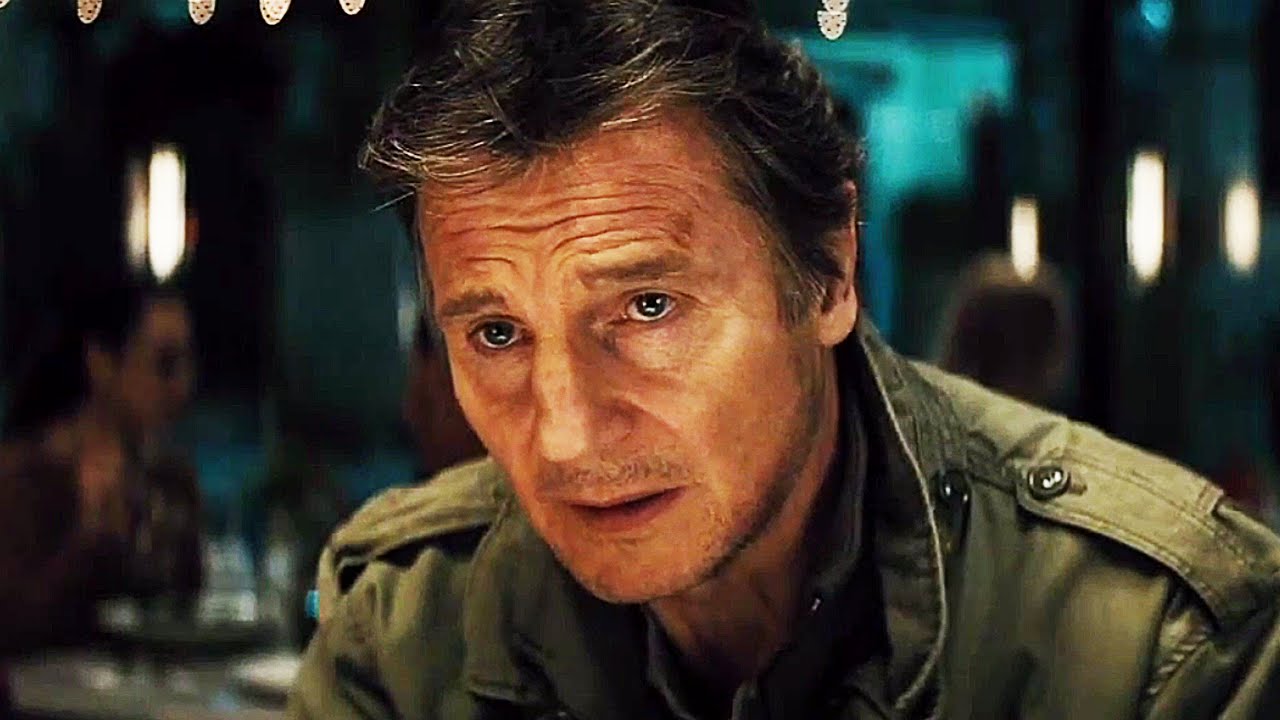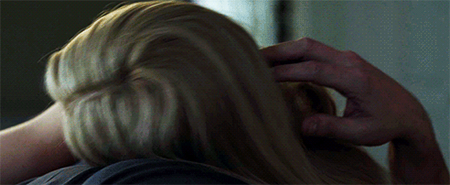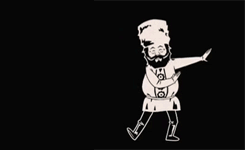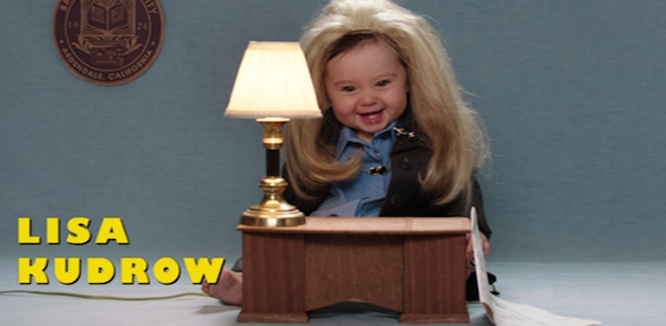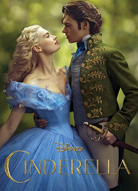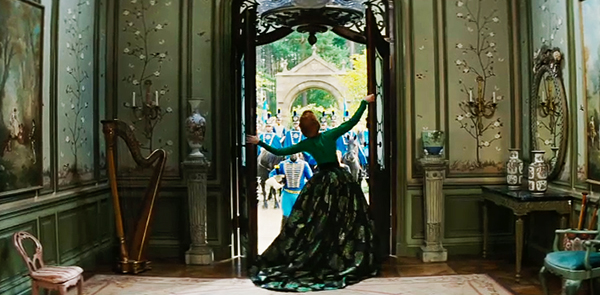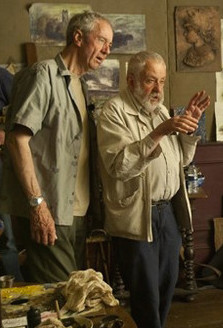We Can't Wait #5: The Lobster
 Monday, March 16, 2015 at 12:33PM
Monday, March 16, 2015 at 12:33PM Team Experience is counting down our 15 most anticipated for 2015. Here's Teo Bugbee...
Who & What: The Lobster is the latest from Yorgos Lanthimos, writer-director of Dogtooth. It's his first film in English, and his cast is an exciting hodgepodge of both art house and multiplex stars, including Rachel Weisz, Colin Farrell, Léa Seydoux, John C. Reilly, Ben Whishaw, Olivia Colman, Ariane Labed, and Angeliki Papoulia.
As for what they'll be doing, it's all very hush hush, but what we know is that The Lobster is set in a dystopian future where all the single people are rounded up and brought to a hotel, where they are given 45 days to find their mate, or else they are turned into animals and released into the woods.
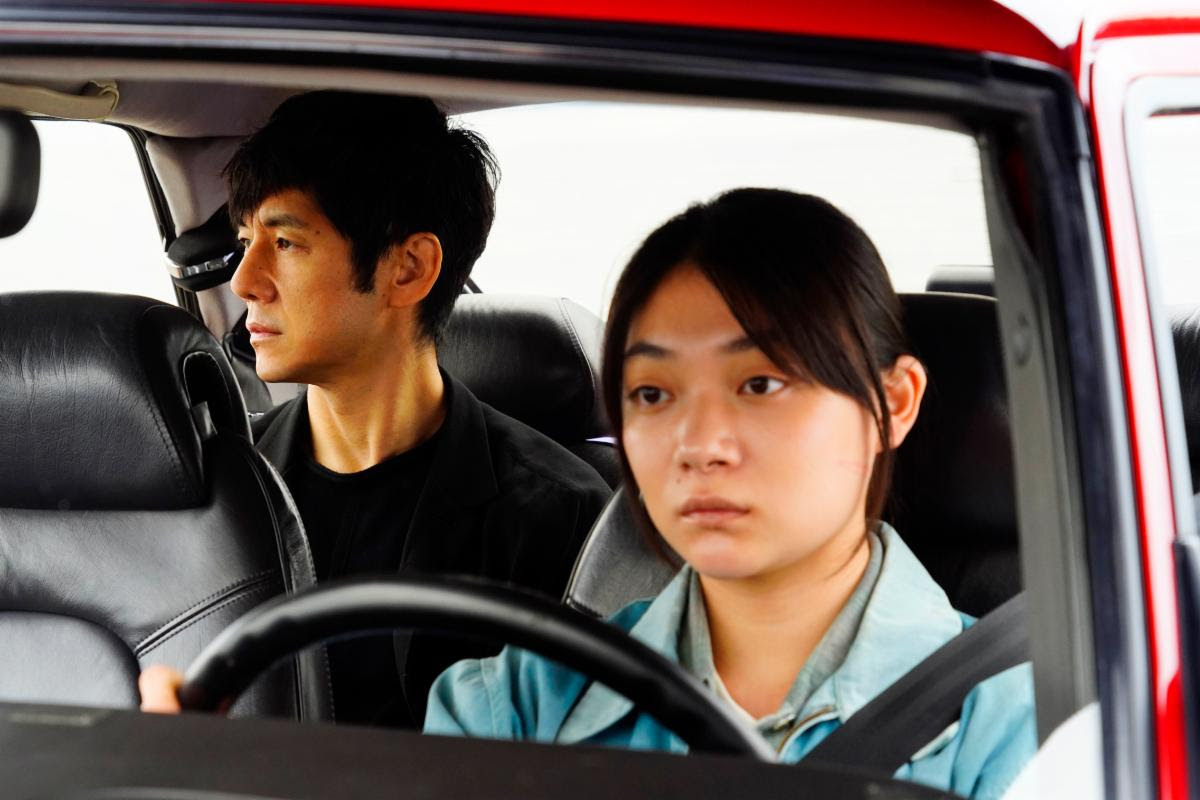
Why We're Excited About it: Lanthimos' Dogtooth is one of the best movies of the last decade. It's so weird and it's so fun and it's so specific about the kind of cinema that it wants to be—no matter what, we should be excited for what else he has up his sleeve. But that cast! That amazing tease of a plot description! The fact that all the characters have crazy names like Loner Leader and Limping Man and Biscuit Woman! And to be honest, it's more than a little encouraging that Sony has stepped onboard so soon as the film's international distributor, even if US rights are still up in the air. Rare for an art film to be afforded that kind of confidence before a premiere, and it's only making the anticipation greater.
What if it all Goes Wrong? Well, what if indeed? Does it matter if this movie is good or bad at all so long as it fuels the artistic energy of its collaborators? Lanthimos's last film Alps was not particularly well received, but it's always nice to know that there are artists in this industry who are still able to get their films made. It's not hard to imagine The Lobster being bad—if it is, it'll probably be because there are too many elements and too many ideas that aren't being corralled together. But even if it isn't the great film we're hoping for, it's almost impossible to imagine a version of this movie that wouldn't be worth seeing, and that's exciting in its own right.
When: No word on this yet, as the film has yet to premiere or pick up a US distributor. But considering it finished production last year, and considering Lanthimos's friendly relationship with the Cannes Film Festival, it seems likely it will appear there this May.



